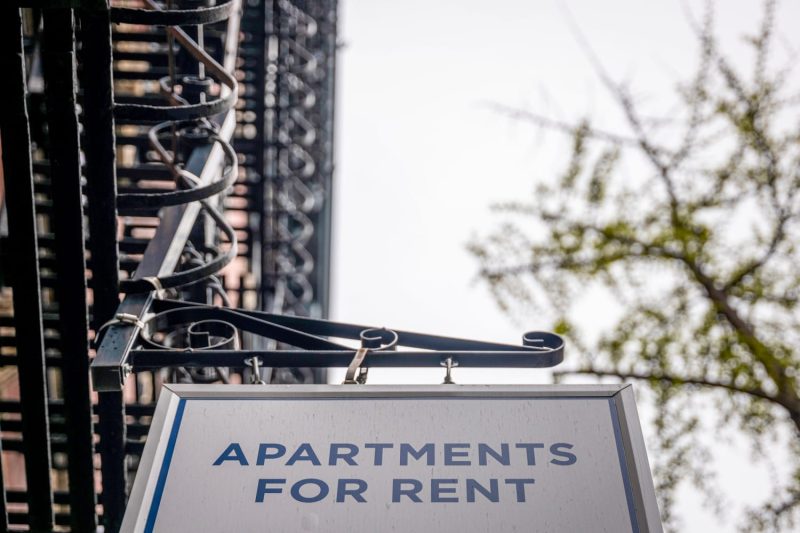In a groundbreaking move that could have significant implications for the real estate industry, the Department of Justice (DOJ) has filed a lawsuit against software firm RealPage. The DOJ alleges that RealPage has been facilitating illegal collusion among landlords to artificially keep rental prices high. This development sheds light on the potential misuse of technology in the housing market and underscores the importance of fair competition to ensure affordable housing for all.
The lawsuit centers on RealPage’s software, which is widely used by landlords and property management companies to manage rental properties, including setting rental prices. According to the DOJ, RealPage’s software features tools that allow landlords to exchange sensitive pricing information and coordinate rent increases with their competitors. This alleged collusion has resulted in higher rental prices for tenants, limiting their choices and potentially exacerbating housing affordability issues.
The case against RealPage signals a new frontier in the enforcement of antitrust laws in the real estate sector. Traditionally, antitrust laws have focused on industries such as technology, healthcare, and telecommunications. However, the DOJ’s action highlights how the increasing digitization of the economy can also give rise to anticompetitive practices in unexpected areas such as rental housing.
The DOJ’s scrutiny of RealPage raises important questions about the role of technology in enabling anticompetitive behavior. While technological advancements have undoubtedly streamlined many aspects of the real estate industry, they also present new challenges in terms of ensuring fair competition and consumer protection. As software systems become more integral to business operations, regulators must remain vigilant in monitoring their impact on competition and taking action against any abuses.
Moreover, the lawsuit against RealPage underscores the broader systemic issues in the housing market. Affordable housing has become a pressing concern in many cities across the country, with rental prices outpacing wage growth and pushing lower-income families out of urban centers. The alleged collusion among landlords only serves to exacerbate these affordability challenges, further limiting access to safe and affordable housing for vulnerable populations.
Beyond the immediate legal implications for RealPage, this case serves as a wake-up call for the real estate industry as a whole. Companies that provide technological solutions to landlords and property managers must ensure that their platforms are not being used to foster anticompetitive practices. Additionally, policymakers and regulators need to remain vigilant in monitoring and addressing antitrust issues in the housing market to safeguard the interests of tenants and promote fair competition.
In conclusion, the DOJ’s lawsuit against RealPage for allegedly facilitating collusion among landlords to keep rents high sheds light on the intersection of technology, competition, and housing affordability. As the case unfolds, it will be important to examine the role of software firms in ensuring fair competition in the real estate sector and to address the broader systemic challenges that contribute to housing unaffordability. Ultimately, fostering a competitive and transparent rental market is essential to ensuring that all individuals have access to safe and affordable housing.
